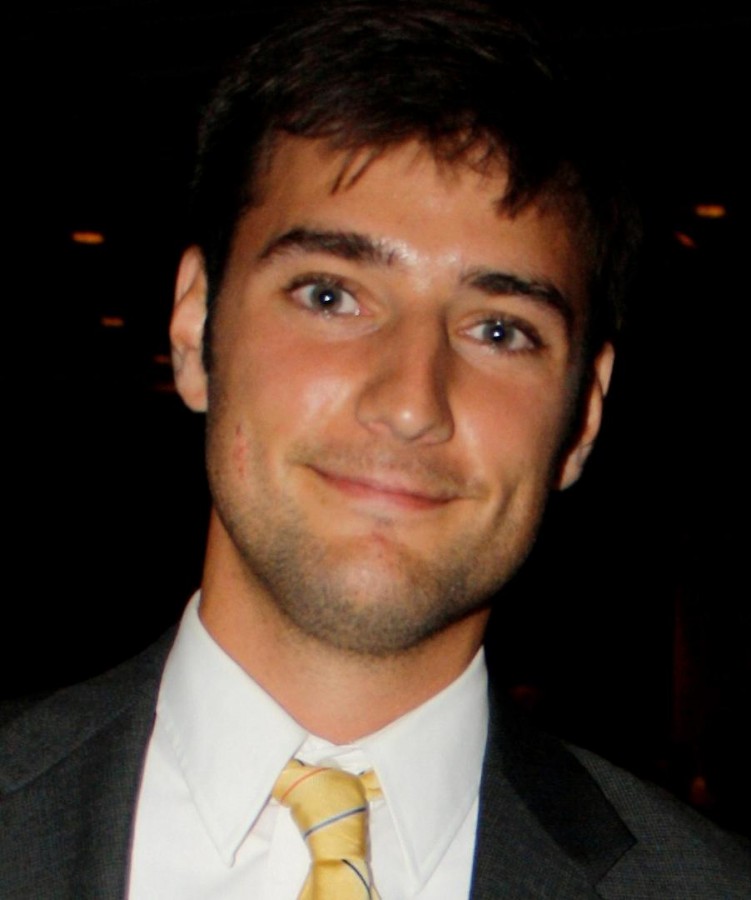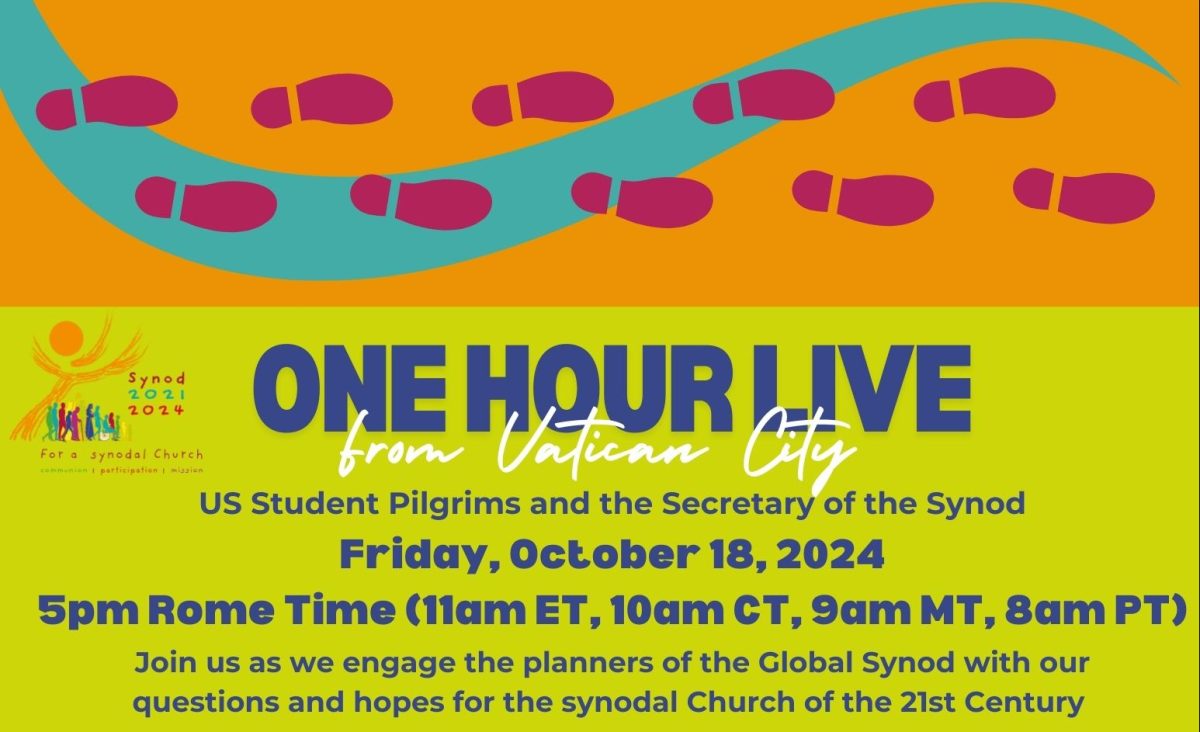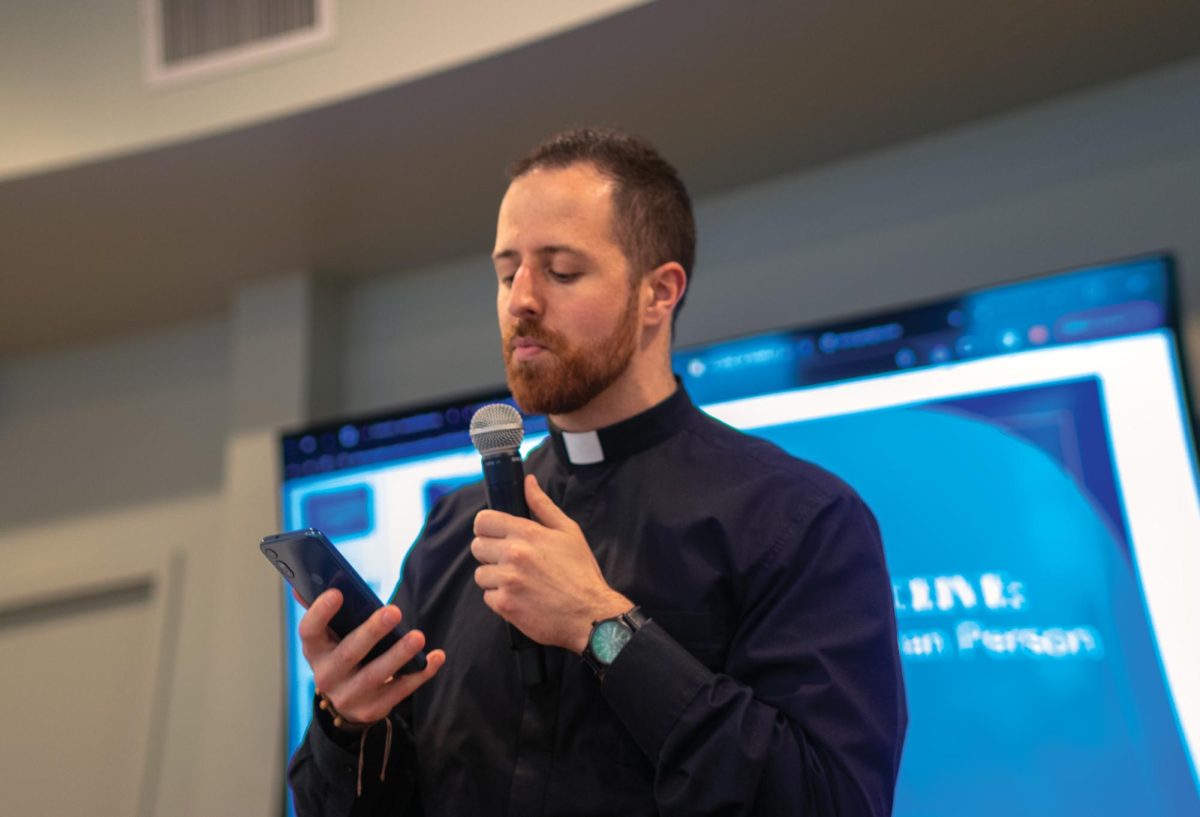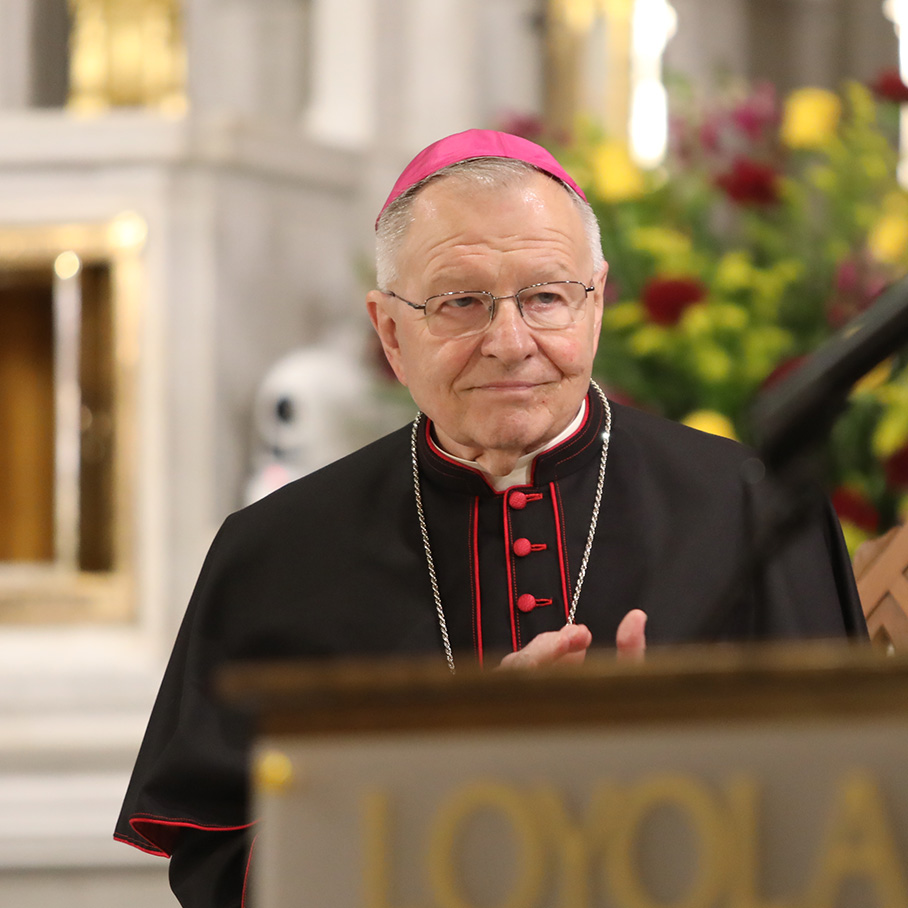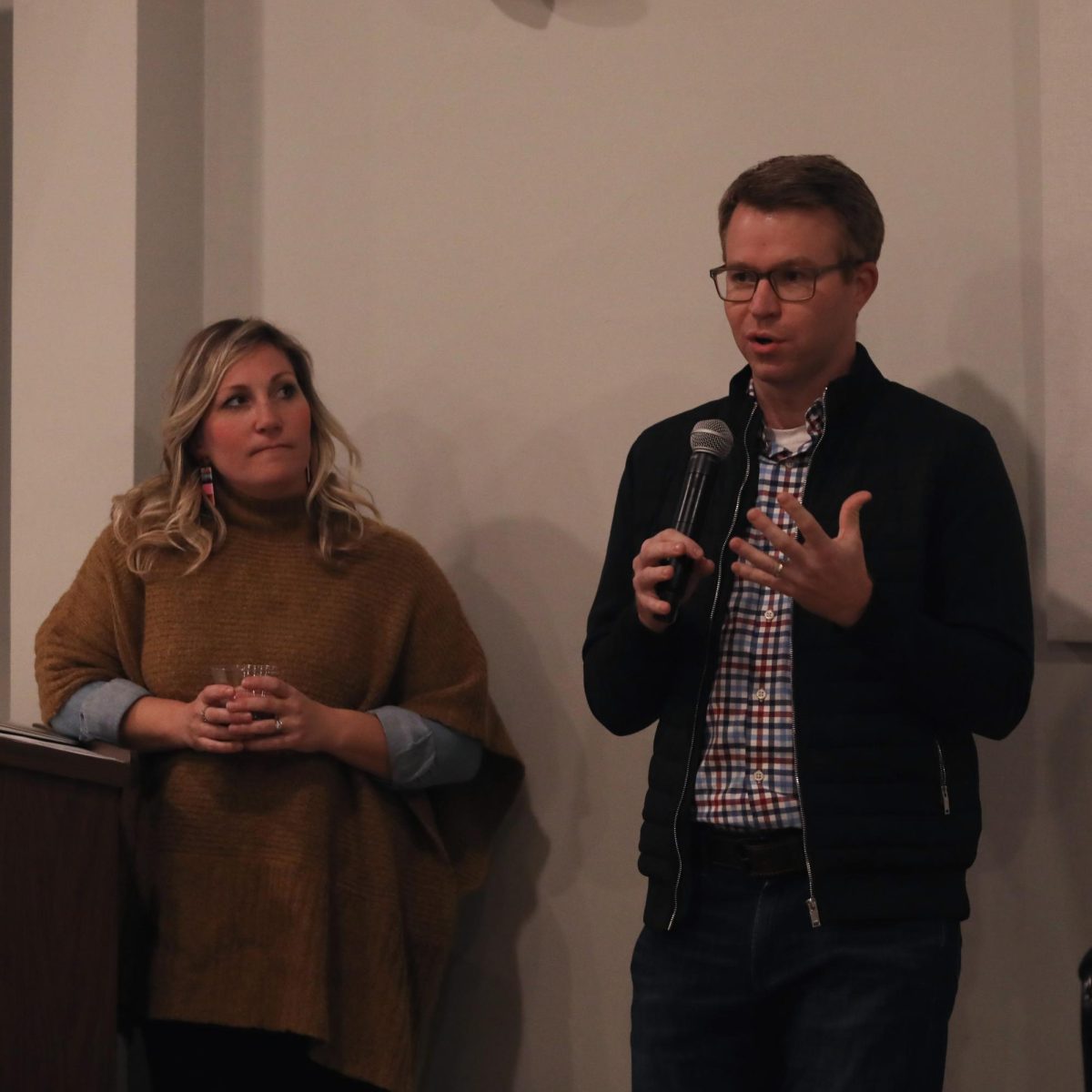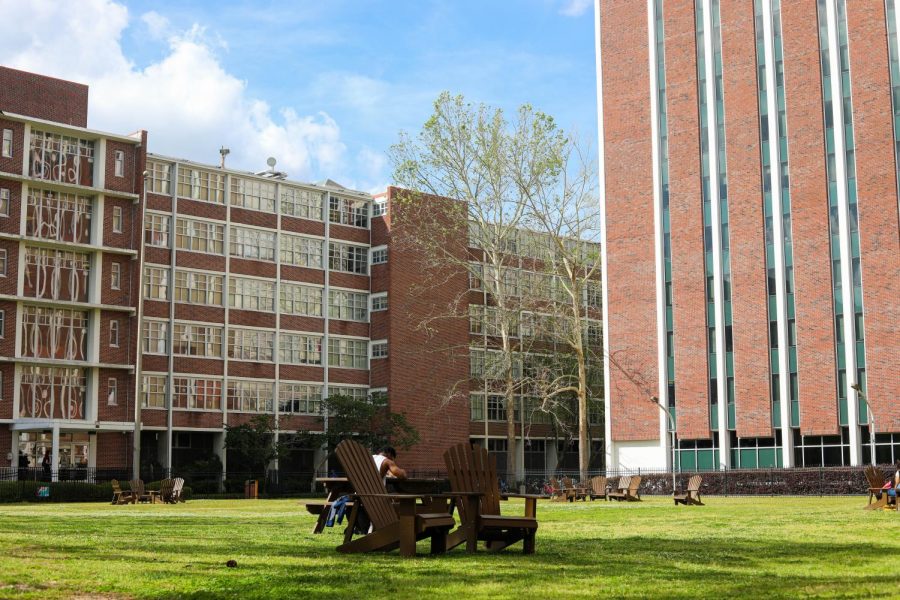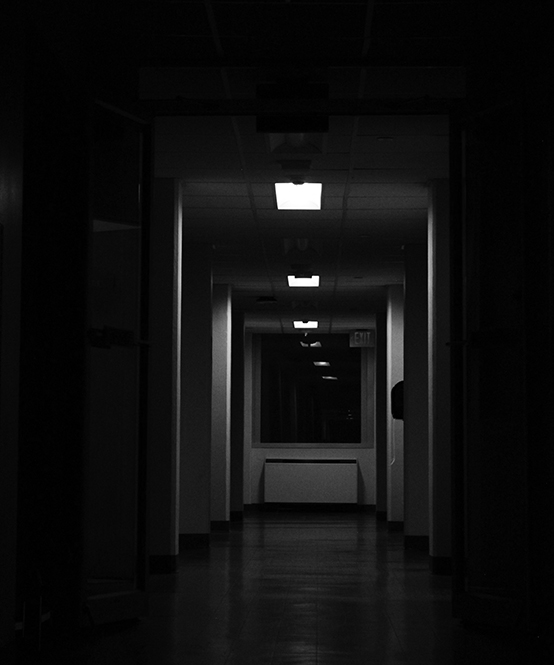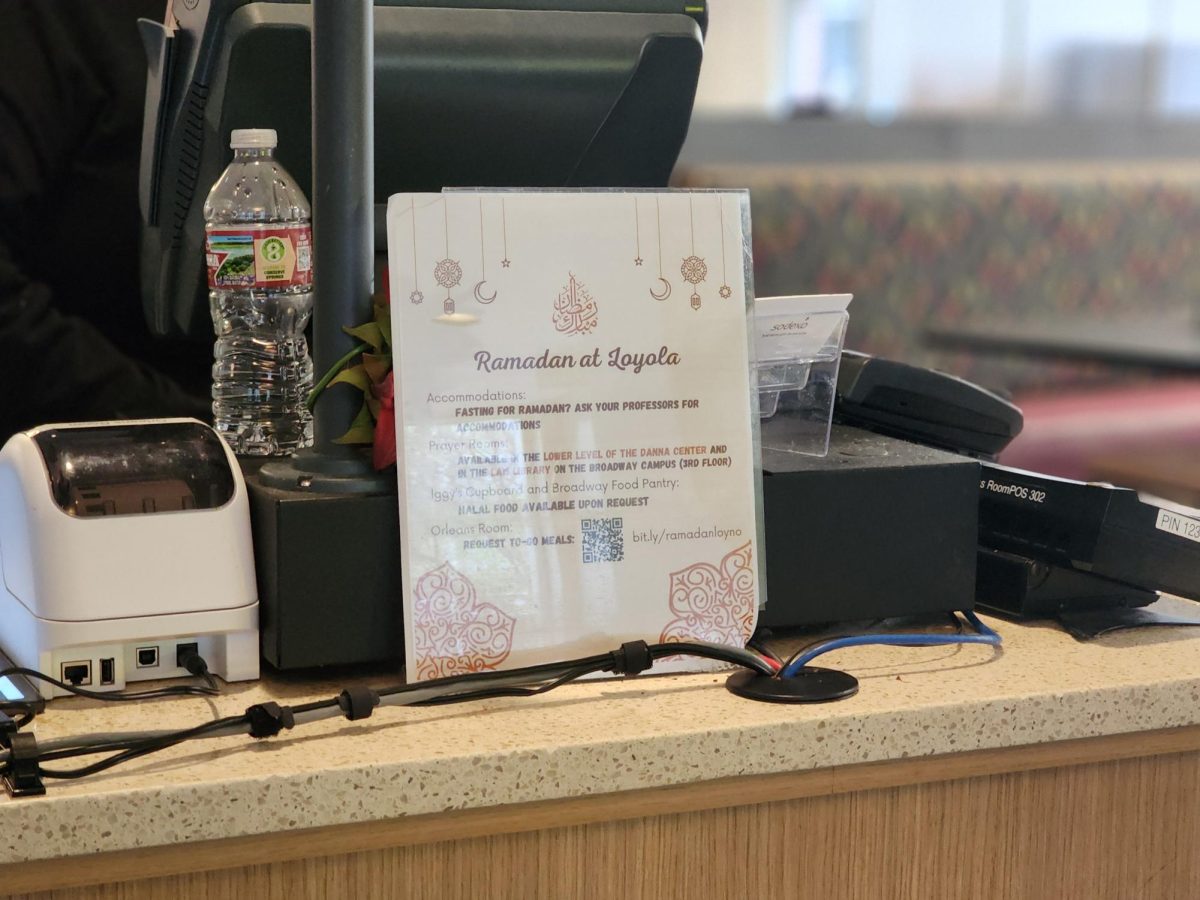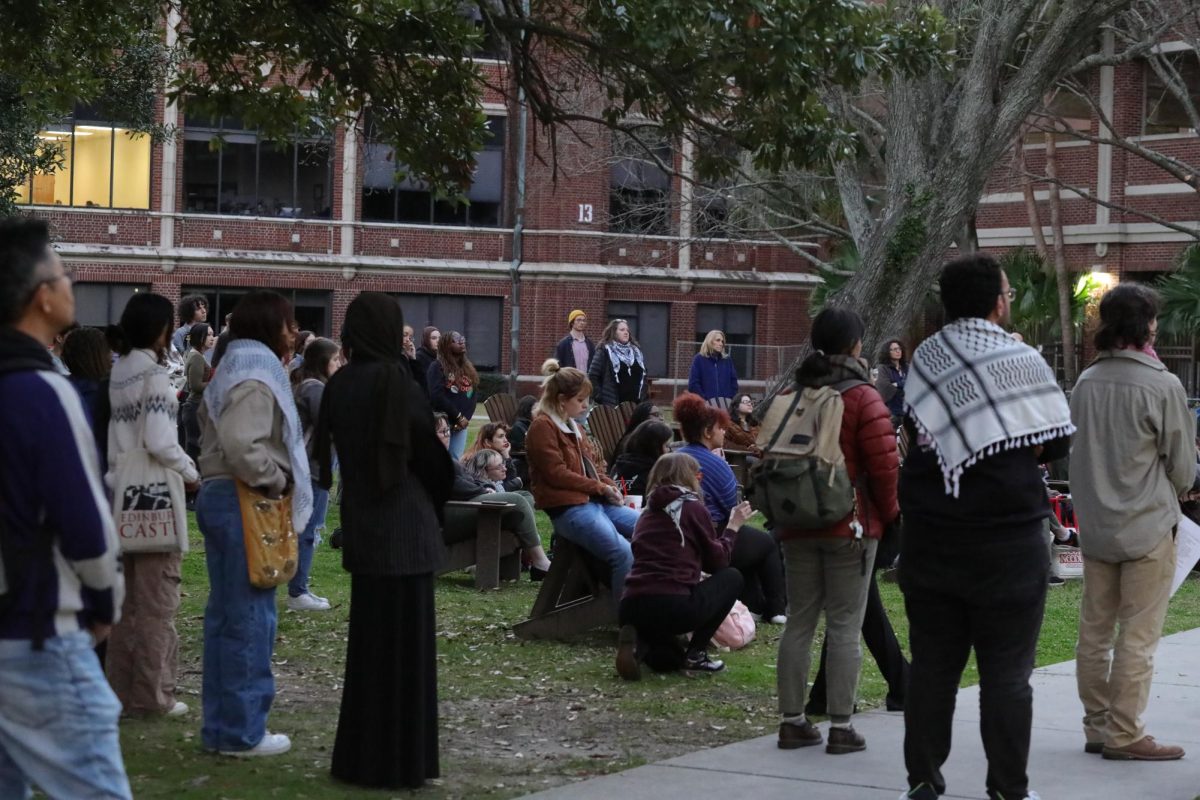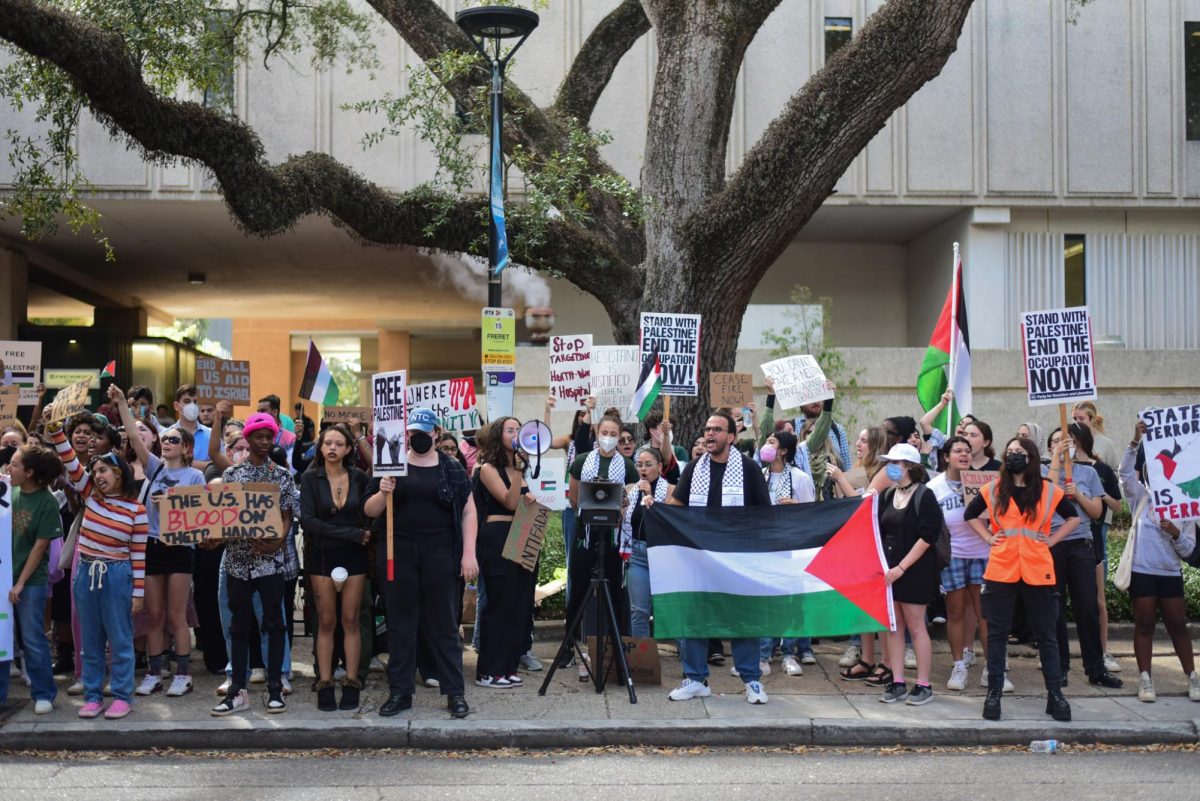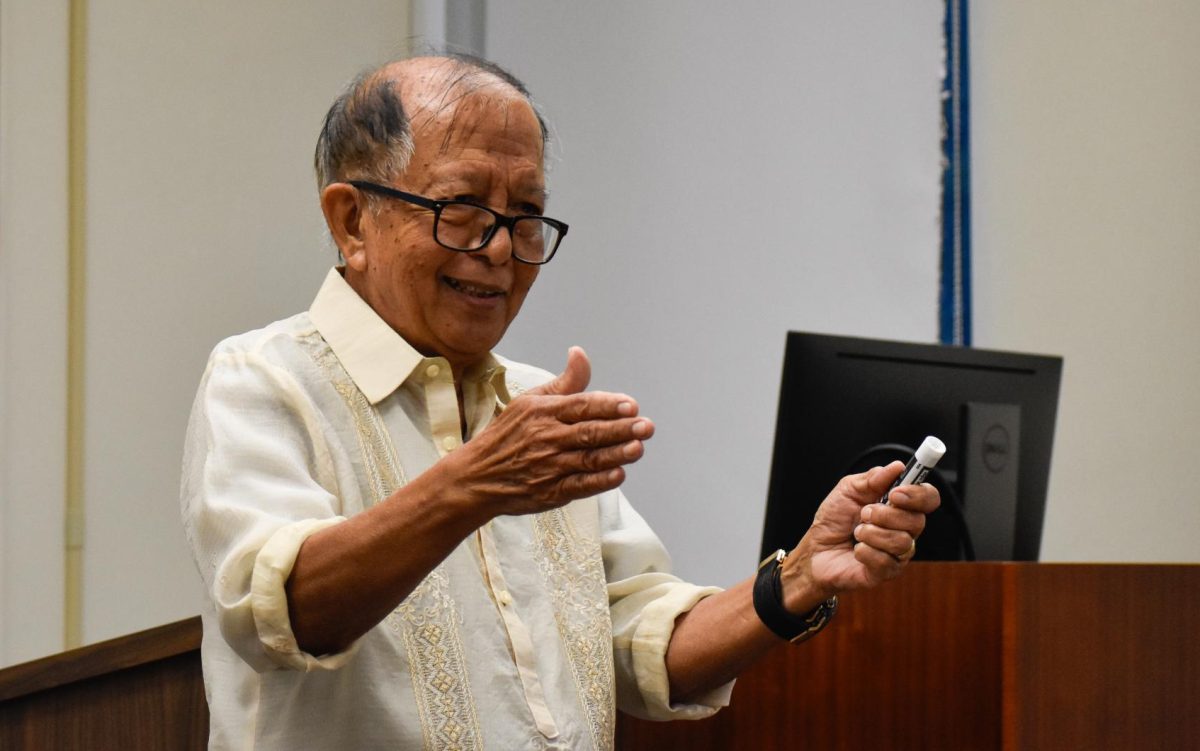It is probably safe to say that few expected Benedict XVI’s greatest contribution to the Church to be one of extreme humility and a de-emphasizing of cult surrounding the person of the pope. Especially after we got a good look at that fancy hat and shiny ruby slippers.
In its coverage of Benedict’s resignation, the media has too often made the mistake of focusing only on the shocking nature of the announcement before moving on to coverage of the controversies of Benedict’s reign and the perceived weaknesses of the Church today. They have completely missed the fact that, in resigning, Benedict – soon to be Josef Ratzinger (again) – makes a clear statement that the Church does not need him, that its great strength lies in the Holy Spirit within the Church.
When a man becomes a deacon, priest or bishop, he is ordained, and the person is changed. When a man becomes the pope, however, he only fills an office, albeit an important one. It’s a subtle, but important, difference.
A priest or bishop can never stop being a priest or bishop. A pope, though, can give up being a pope, and the office remains, because the power of the papacy is in the office itself. The pope is not an absolutely necessary, semi-divine, magical person – that would be the office of the papacy. The pope is only human.
Consider the humility that Benedict is showing in stepping down and becoming Josef Ratzinger. He is giving up control of an absolute power that gave his voice the power to carry the authority of God to 1.2 billion Catholics. He is showing his acute awareness of his own fallibility, and, in fact, that none of the popes, past, present or future are any different from the rest of us.
George Washington also gave up power. Here, at the theology faculty where I study, hundreds of theologians are asking whether this act of humility will establish a lasting precedent, like George Washington’s retirement – an act that jumpstarted the most successful nation in history.
Like him or not, Ratzinger/Benedict is one of the greatest Church theologians of the past century. He knows what he is doing. He is sending a clear message that it is not all about the pope. It is about the Church and following the true example of humility in Christ.
Alex Fournet is a 2011 graduate of Loyola New Orleans with a major in international business and religious studies. He is currently at Katholieke Universiteit Leuven as a master of buisness economics and theology. Fournet can be reached at


